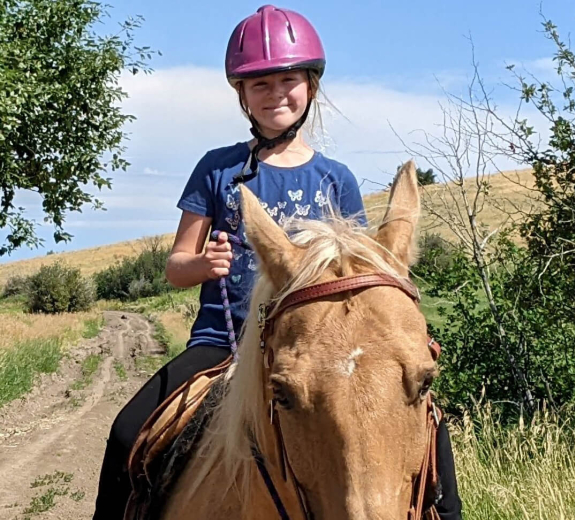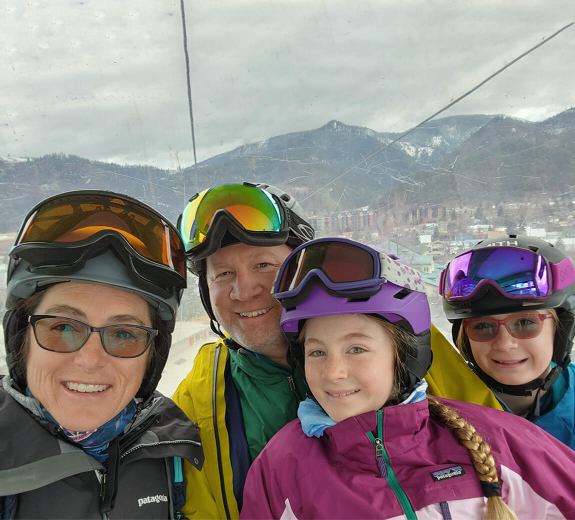Brandy is no stranger to T1D. Her brother has lived with it since he was a kid, and her nephew also has T1D. So when Mikaela was experiencing uncomfortable urinary symptoms, Brandy took her to the doctor. When the scale revealed that Mikaela had lost some weight, Brandy asked for a urinalysis test.
“I told the nurse I thought Mikaela might have T1D and she looked at me like I was crazy,” Brandy says.
Sure enough, Brandy was right. They were soon learning how to manage Mikaela’s blood sugar. Then a doctor gave them a brochure about the DREAMT study.




